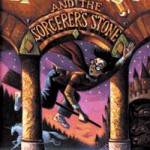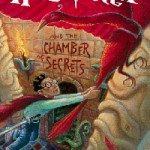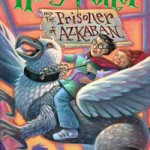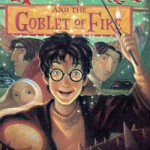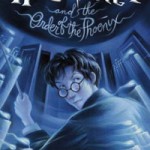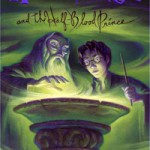Book to Film
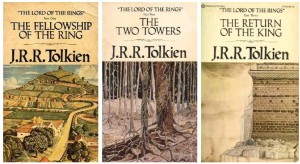
Once Upon a Time, in a Galaxy Far Far Away, there were two book-to-film adaptations based on two massively popular Fantasy literature series. The year was 2001, and at the time, only Fantasy fans were excited by the proposition of either film coming out and doing well, no one else really took them very seriously. A decade later, both of these film franchises have changed the face of the Fantasy film genre and its place in Hollywood. This is a little bit history, but mostly a very fond farewell to our constant companion at Hogwarts.
Both film series went into production around the same time, but both were initially perceived very differently. After all, the Lord of the Rings had existed in print for 45 years prior to this project, while Harry Potter and the Sorcerer’s Stone (Philosopher’s Stone in England) had only been sitting on bookshelves for a couple of years before it was put in front of the cameras. The same bookshelves, however, that held so many other Fantasy novels, mostly thanks to the existence of The Lord of the Rings. Without Tolkien’s adventures into Middle-earth, Hogwarts might not even exist. One series was eagerly anticipated by several generations of fans, while the other was eagerly anticipated by a brand new set of young Fantasy fans just discovering the genre.
The Lord of the Rings was a complete trilogy and that allowed them to all be filmed, simultaneously, while Harry Potter still had several books in the pipeline for what was a planned 7 year arc. This put a tremendous amount of pressure on J.K. Rowling to complete the remaining stories in a timeline that would allow them to be filmed with the existing actors. Of course, the initial film had to be good enough to justify turning one film into a franchise, and then each subsequent film had to live up to that first one to maintain that justification. The Lord of the Rings had no such security, by filming all three films at once; they had to hope the first one was well received, and that no tweaking needed to be done, because they had already committed it to film. And as Summer turned to Fall in 2001, the studios behind each film began the press campaign for their films.
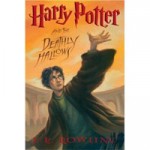
I remember there being a lot of nervous fans for both series, worried that the magic and wonder of each would not be achieved in the films. I also remember the fear that with both coming out just a month apart, that each film would detract from the other. Tolkien fans were worried that Harry Potter would steal its thunder, that movie goers would not know the difference between the two worlds and would not be interested to see a second set of wizards and various magical beings go on another adventure when they had just seen one. And I also remember Harry Potter fans, and the studio, wonderingif it would survive at the box office once the bigger, more established franchise hit theaters. As we all know, both films did tremendously well at the box office, a testament to both the filmmakers and to the source material. But it is my contention that they each helped the other, in more ways than at first was apparent.
Stay tuned for part 2 tomorrow.


